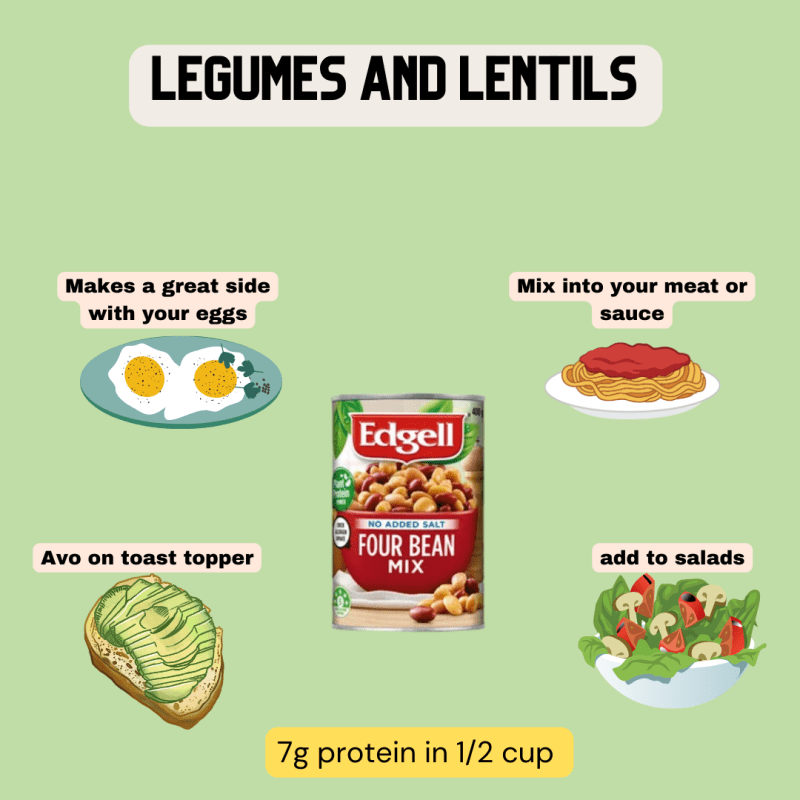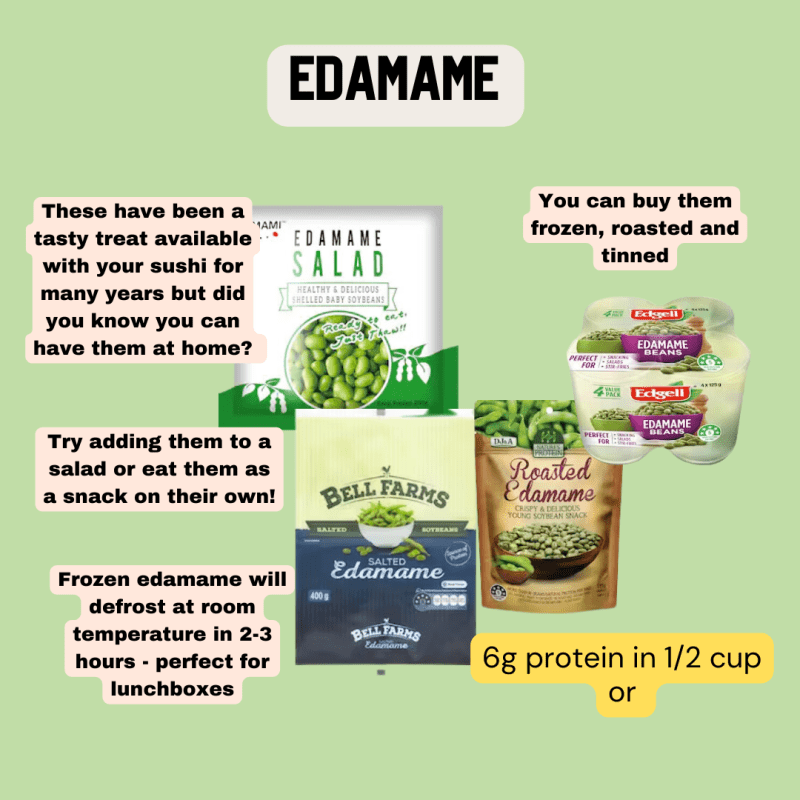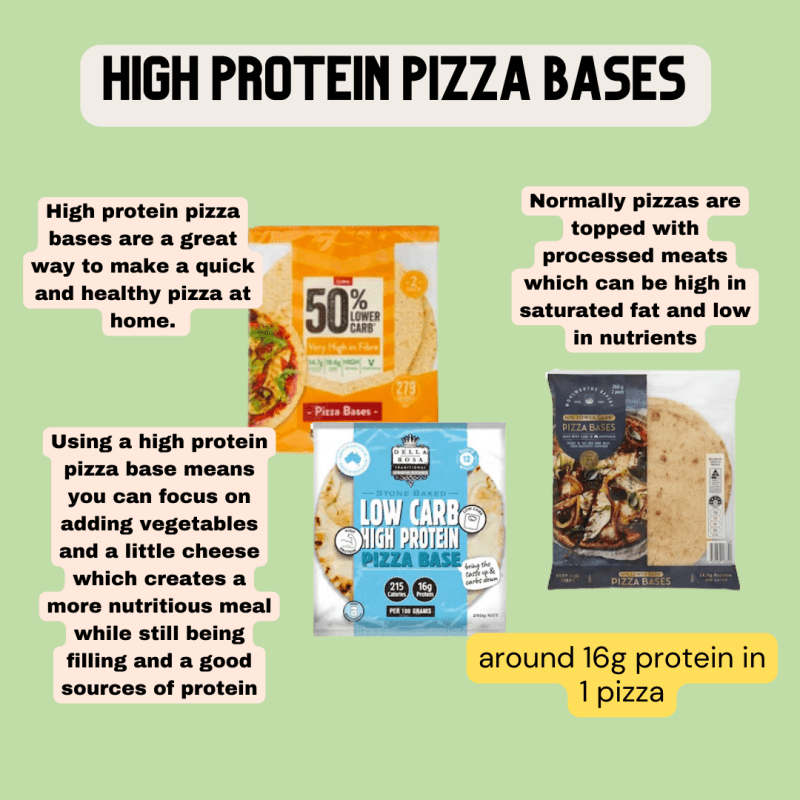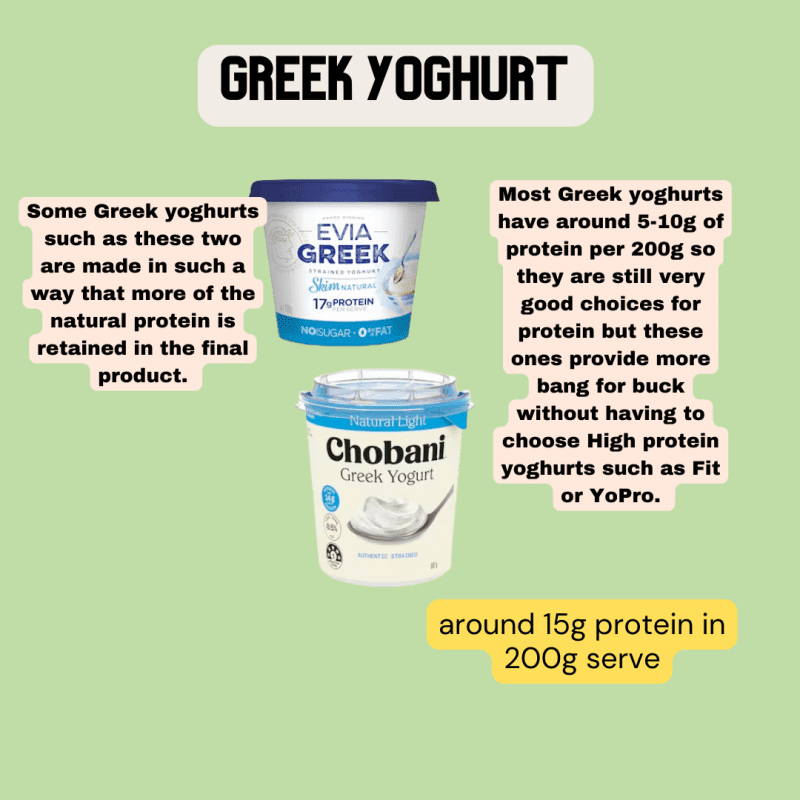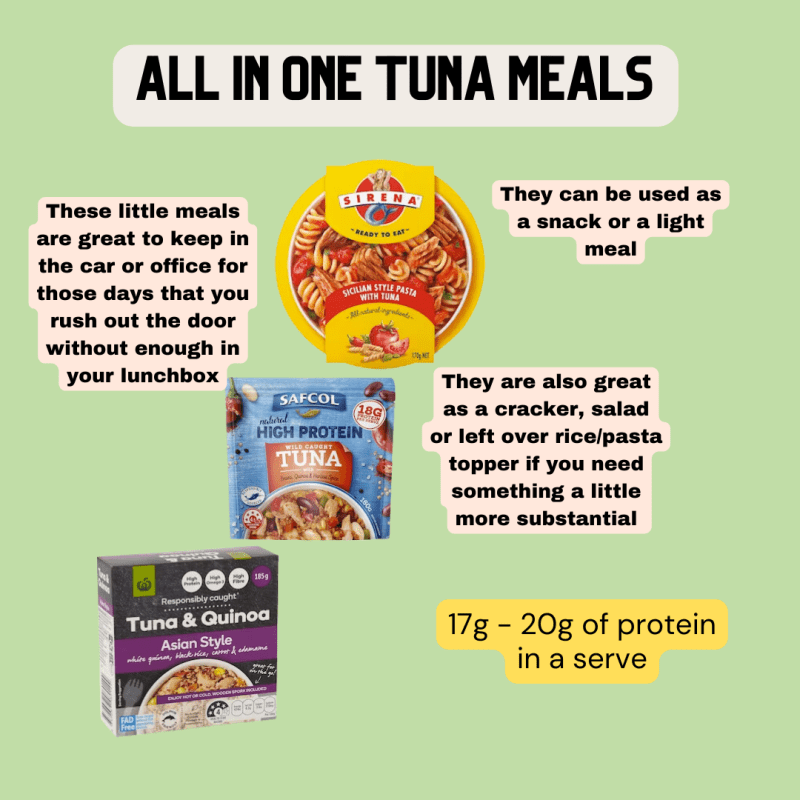Concerns about weight, General Health, Healthy Aging
Protein rich foods
Unlocking the Power of Protein
The supermarket shelves are bursting at the seams with protein boosted foods and there is such a large range of protein bars, shakes, powders on the market that it is downright confusing. So let me help you navigate this confusing space.
Why do we need protein in our diets?
Protein is an essential nutrient that is also a source of energy. Protein is fundamentally made up of amino acids that are essential for a variety of body activities, including tissue repair, muscle growth, and hormone and enzyme synthesis. Unlike fats and carbs, the body does not retain surplus amino acids for later use, therefore, the amount of protein you eat at each meal AND over the day matters.
Protein keeps you feeling fuller for longer
One of the most appealing aspects of protein is its capacity to enhance feelings of fullness and satisfaction. Protein takes longer to digest than fats and carbohydrates, which helps to keep hunger at bay and prevent overeating. Individuals who incorporate protein-rich foods into their meals and snacks may find it simpler to stick to a calorie-controlled diet, making weight management more feasible.
Protein is important for the immune system
While protein is commonly associated with muscle health, it also plays an important role in immunological function. Many immune cells, including antibodies and cytokines, require amino acids supplied from dietary protein to operate properly. Furthermore, some proteins contain bioactive peptides with antibacterial capabilities, which strengthen the body’s defence against infections. Individuals who consume a proper amount of protein can strengthen their immune system and lower their risk of infection.
How much do you need?
This is a question that comes up A LOT! The amount you need can vary significantly from person to person depending on your age, height, muscle mass, exercise routine and genetics. What we know is that most Australians are getting enough. The groups most at risk of under-eating protein are children and those over the age of 65.
From about the age of 9, children require the same about of protein as adults – about 2 and a half serves of meat/meat alternatives and the same number of serves of dairy foods. Tweens and teenagers don’t have the best reputation when it comes to eating a wide variety of nutritious foods :-). Sometimes Often our beautiful cherubs may be a bit fully with foods and their appetites don’t always follow the standard meal and snack times. In short, their eating habits can be a bit all over the place, which is completely normal and part of growing up. The downside is that this can make eating a balanced diet rich in protein a little challenging at times.
In the case of those over the age of 65, the protein requirements are the same but the appetite and intake overall may be lower. We find that meals change from being two meat-based meals to only one. This significantly reduces protein intake and may accelerate muscle loss, which increases the risk of falls or injuries. A meal doesn’t need to be a’main meal’ or a hot meal to include protein-rich meat. Adding some tinned tuna or salmon to crackers, for example, will provide adequate protein for a meal. Also, ensuring you include 3 to 4 serves of dairy foods each day will provide the balance of protein needed to stay strong and active. To do this, try a flat white instead of a cappuccino, a yoghurt with some fruit instead of a couple of biscuits, and a sprinkle of cheese on your vegetables.
For most adults, your protein needs are 0.84g/kg. This can vary depending on your exercise regime, your weight and medical conditions you have. An accredited Practising Dietitian can give you a more more personalised recommendation if you need it. Most people will find that this is a relatively easy goal to meet.
The timing and portion sizes matter
The digestion of protein in your food is carefully managed by your body and because the body can’t store excess protein, there is a limit to how much it can process during one meal. The body can use about 20-30g of protein at a meal. This is equivalent to a small 100g piece of steak (about the size of a small palm). If you are having more than this, that extra protein gets taken to the liver and transformed into fat for either energy or storage (depending on how active you are). So to get the most out of protein, little and often is the key. This may mean including a little protein at breakfast, lunch, dinner AND a snack or two. And if you are not keen to eating meat and eggs all day, it may be helpful to look at some other foods available that can help.
Do you need protein powders?
Protein powders are great at times when you don’t have the appetite to eat enough food to meet your needs. Otherwise, there are plenty of real foods that are naturally high in protein that you can add to your meals and snacks to give them a protein boost. Below are a few of our favs..

